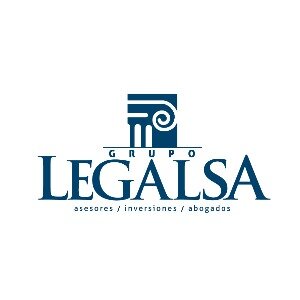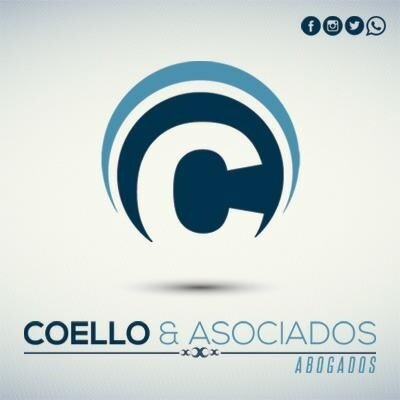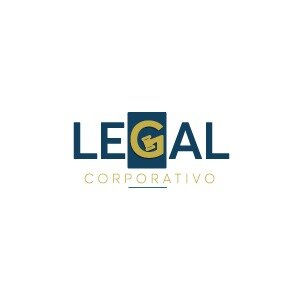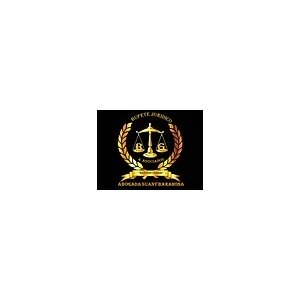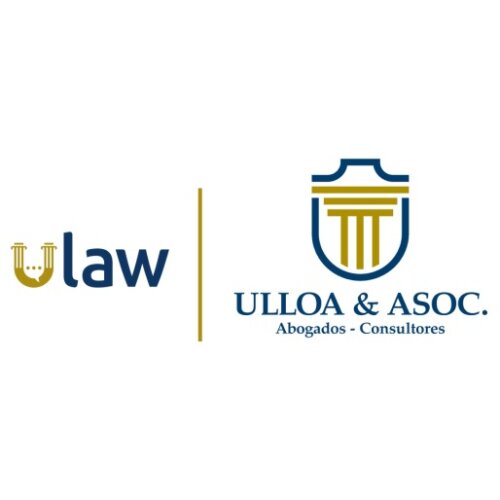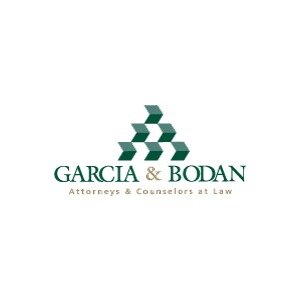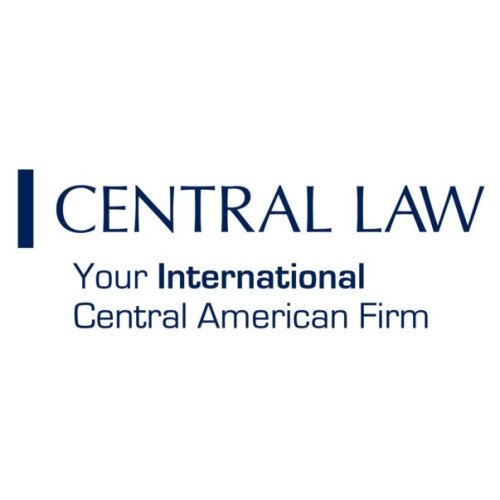Best Energy Regulatory Law Lawyers in San Pedro Sula
Share your needs with us, get contacted by law firms.
Free. Takes 2 min.
List of the best lawyers in San Pedro Sula, Honduras
About Energy Regulatory Law in San Pedro Sula, Honduras
Energy Regulatory Law in San Pedro Sula, Honduras encompasses the legal frameworks, governmental regulations, and administrative processes that govern the production, distribution, and consumption of energy. This field covers electricity, gas, renewable energy sources, and other forms of power generation and supply. The primary objective of these laws is to ensure fair access, consumer protection, environmental sustainability, and to promote competition within the energy sector. Since San Pedro Sula is a major urban and industrial center in Honduras, energy regulations play a critical role in supporting economic development and environmental stewardship.
Why You May Need a Lawyer
There are many situations in which individuals and businesses might need the assistance of an attorney specializing in Energy Regulatory Law in San Pedro Sula. Common scenarios include:
- Setting up new energy projects or investments, such as solar or wind farms
- Navigating regulatory compliance for existing energy facilities
- Dealing with disputes over electricity billing, service interruptions, or grid access
- Participating in tenders or contracts with energy providers and governmental bodies
- Addressing environmental compliance requirements in energy operations
- Challenging administrative decisions made by regulatory authorities
- Representation in negotiations with utility companies or the government
- Guidance through the permitting and licensing procedures for energy generation and distribution
A knowledgeable lawyer can help clarify your rights, assist with document preparation, represent your interests before authorities, and safeguard your business or personal interests in San Pedro Sula’s dynamic energy sector.
Local Laws Overview
The regulatory landscape for energy in San Pedro Sula is shaped by national laws and overseen by specific agencies. The primary legal instrument governing energy is the "Ley General de la Industria Eléctrica" (General Law of the Electric Industry) which provides the framework for generation, transmission, distribution, and commercialization of electricity in Honduras. Key local aspects include:
- Regulation and supervision by the Comisión Reguladora de Energía Eléctrica (CREE)
- Market liberalization allowing private participation in the energy sector
- Mandatory licensing and permitting for energy projects
- Environmental and social impact assessments for new developments
- Tariff regulation to ensure consumer protection and prevent overpricing
- Promotion of renewable energy that offers incentives for clean technology investments
- Consumer rights regarding service quality, billing, and access to information
- Sanctions and penalties for non-compliance with regulatory requirements
Local authorities coordinate with national bodies to implement and enforce these laws, and businesses or consumers in San Pedro Sula must ensure adherence to both municipal regulations and national legislation.
Frequently Asked Questions
What is the main regulatory body for energy in San Pedro Sula?
The Comisión Reguladora de Energía Eléctrica (CREE) is responsible for overseeing and regulating the electric sector in Honduras, including San Pedro Sula.
Do I need a permit to generate solar power for my business?
Yes, you typically need permits and must comply with technical and environmental regulations. Depending on the system's size and intended use, registration with CREE may be required.
What can I do if I have a dispute over an electricity bill?
You should first contact your service provider to seek clarification or a correction. If unresolved, you may file a formal complaint with CREE or seek legal assistance for further action.
Are there incentives for developing renewable energy projects?
Yes, the Honduran government has established policies that promote renewable energy, including fiscal incentives and priority dispatch for clean energy projects.
What environmental assessments are needed for energy projects?
Most new energy projects require an environmental impact assessment (EIA) as part of the permitting process, especially for large or potentially polluting facilities.
How are electricity tariffs set in San Pedro Sula?
Tariffs are regulated by CREE to ensure transparency and prevent unjustified price increases. The process involves reviewing providers' costs and market conditions.
Can private companies supply energy to the public grid?
Yes, private entities can generate and sell electricity to the national grid, provided they meet licensing requirements and comply with the sector's regulations.
What should I do if my energy provider threatens to cut off service?
Energy providers must follow specific procedures before disconnecting service, including notification and an opportunity to address outstanding issues. If you dispute a service cut, legal advice can be critical.
Who handles complaints about poor service or unfair practices by energy companies?
CREE is responsible for addressing complaints regarding service quality, billing practices, and provider conduct.
Is energy regulatory law different for residential and industrial customers?
Certain obligations may vary depending on the type of consumer, particularly in billing, connection priorities, and permissible uses, but all customers are protected by consumer rights and standard regulatory frameworks.
Additional Resources
These organizations and institutions can provide valuable information and support related to Energy Regulatory Law in San Pedro Sula:
- Comisión Reguladora de Energía Eléctrica (CREE) - oversees sector regulation and complaint processes
- Secretaría de Energía, Recursos Naturales, Ambiente y Minas (MiAmbiente) - environmental and energy-related permits
- Energía Honduras (ENEE) - primary state electricity provider
- Local bar associations or chambers of commerce for referrals to energy law professionals
- Civil society and environmental advocacy groups that monitor energy sector developments
Next Steps
If you believe you need legal assistance with an energy regulatory issue in San Pedro Sula, consider the following steps:
- Gather all relevant documents, including contracts, bills, correspondence, and permits
- Identify the specific concern or dispute you are facing and outline your objectives
- Consult a lawyer who specializes in Energy Regulatory Law and is familiar with local Honduran regulations
- Contact regulatory bodies like CREE for guidance and to understand any formal complaint procedures
- Remain proactive in tracking deadlines, regulatory requirements, and communications with all involved parties
With proper legal support and a clear understanding of local laws and processes, you can effectively protect your interests and navigate the regulatory landscape of the energy sector in San Pedro Sula, Honduras.
Lawzana helps you find the best lawyers and law firms in San Pedro Sula through a curated and pre-screened list of qualified legal professionals. Our platform offers rankings and detailed profiles of attorneys and law firms, allowing you to compare based on practice areas, including Energy Regulatory Law, experience, and client feedback.
Each profile includes a description of the firm's areas of practice, client reviews, team members and partners, year of establishment, spoken languages, office locations, contact information, social media presence, and any published articles or resources. Most firms on our platform speak English and are experienced in both local and international legal matters.
Get a quote from top-rated law firms in San Pedro Sula, Honduras — quickly, securely, and without unnecessary hassle.
Disclaimer:
The information provided on this page is for general informational purposes only and does not constitute legal advice. While we strive to ensure the accuracy and relevance of the content, legal information may change over time, and interpretations of the law can vary. You should always consult with a qualified legal professional for advice specific to your situation.
We disclaim all liability for actions taken or not taken based on the content of this page. If you believe any information is incorrect or outdated, please contact us, and we will review and update it where appropriate.




